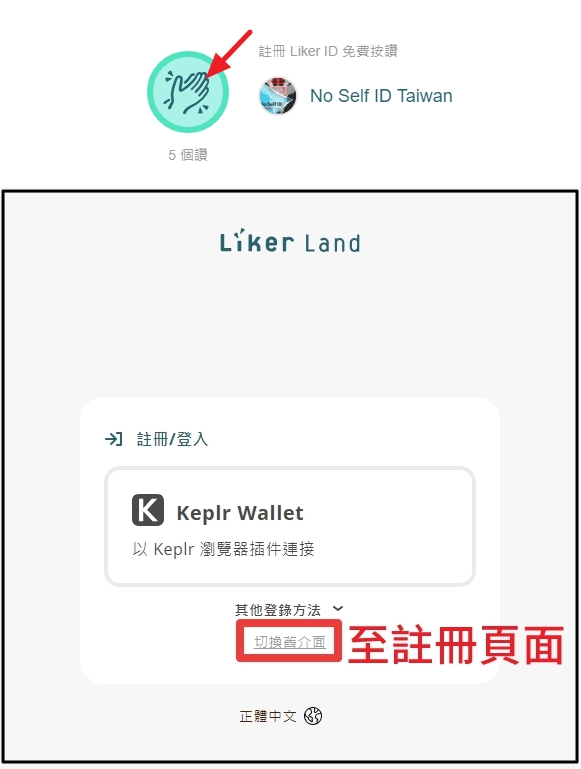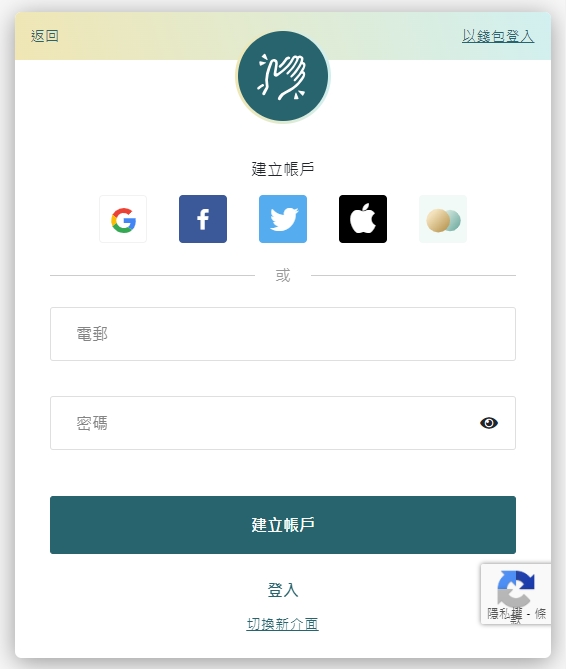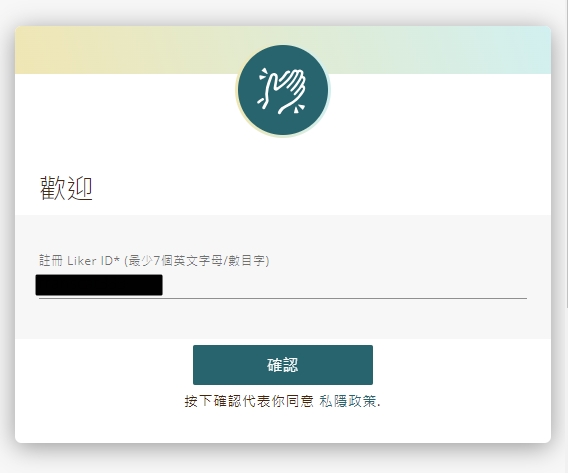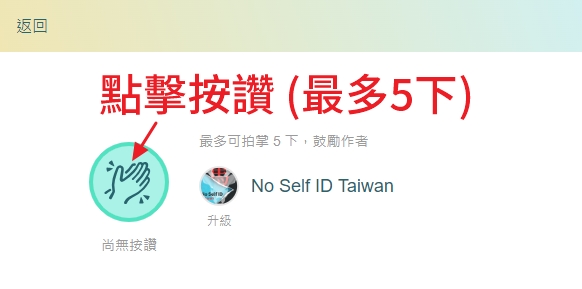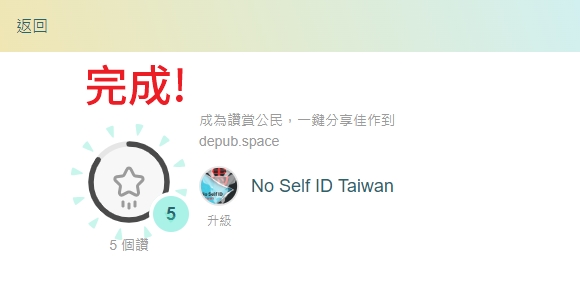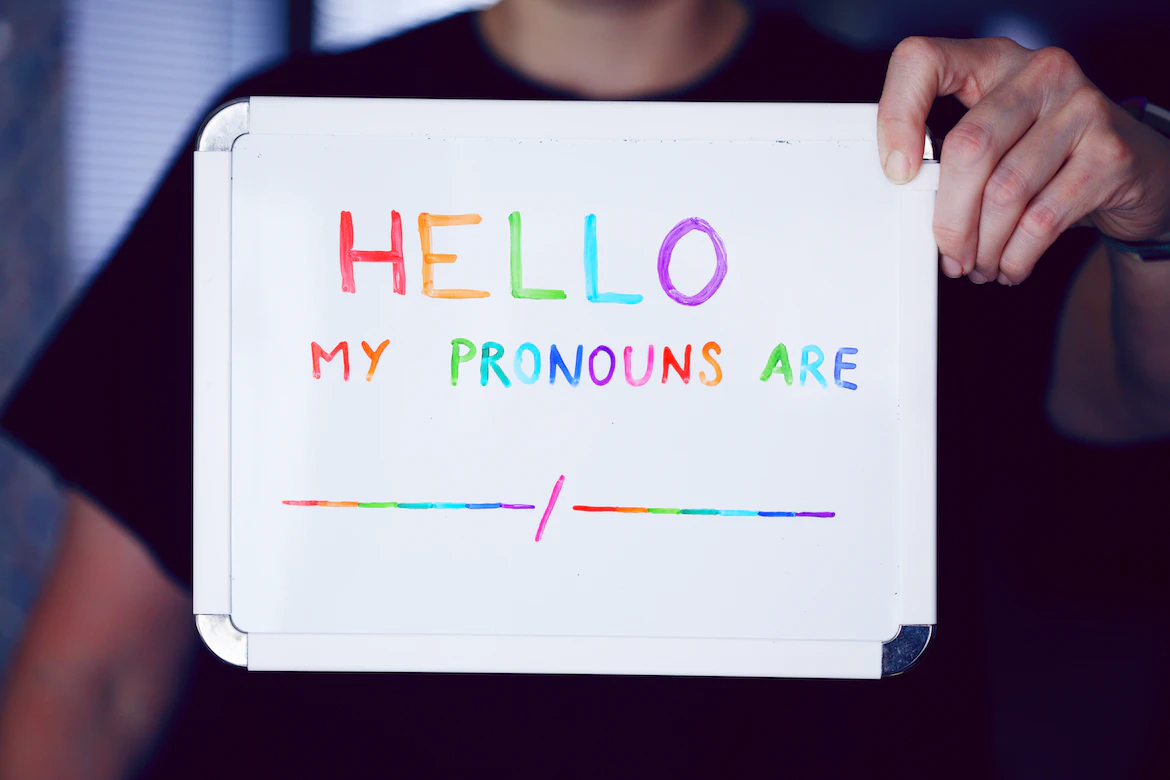
- Originally posted on: Jaclynn Joyce
Several sources working in an international high school located here in Taipei, Taiwan have sent me screenshots of a plan to implement a “pronoun awareness” and sticker campaign on their campus. Teachers and students are being asked to wear their “chosen pronouns” as a way to increase awareness of the diversity of “gender identities” in their school. The educators employed by the school wished to remain anonymous for fear of being reprimanded and facing harassment at work, and worry about what this means for their future as teachers. Will they be forced to promote this harmful ideology?
Why is gender ideology in schools a problem?
Gender identity ideology is slowly making headway into Taiwanese schools, starting with international programs greatly influenced by Western curriculum and expatriate teachers. In recent years, gender ideology activists have turned America’s education system into a tool to reach millions of children in an effort to teach and promote gender ideology. Gender ideology is well entrenched in schools of the Anglosphere partly because it’s packaged with the right buzzwords: anti-bullying, student safety, wellness, diversity, and inclusiveness. Schools now teach students the lie that their sex is malleable and one can simply change it thorough self-declaration (and compel others to go along with the lie). On a parallel track, students have been introduced to gender ideology through social media “influencers,” helping fuel a rise in gender dysphoria among children. As a result, schools have begun enabling gender-confused students to “socially transition”—without their parents’ knowledge or consent. Proponents of gender ideology have completely decoupled the terms “man,” “woman,” “boy” and “girl” from biological sex. Gender ideology teaches that the terms “man/boy” and “woman/girl”—and their corresponding “he/his” and “she/her” pronouns—refer to a person’s gender identity, while “male” and “female” refer to biological sex. While you logically define a woman as a female human adult, gender ideology contends that a “woman” is an adult of either sex who simply “identifies” (whatever that means) as a woman.
The clearly anti-scientific and anti-feminist message of gender ideology is that, if you’re a female who doesn’t “identify with” the social roles and stereotypes of femininity, then you’re not a woman; if you’re a male who similarly rejects the social roles and stereotypes of masculinity, then you’re not a man. Instead, you’re considered either transgender or nonbinary. According to this regressive line of thinking, certain personalities, behaviors, and preferences are incompatible with certain types of anatomy. In actuality, boys and girls should be able to wear what they like and have whatever interests they choose without adult interpretation through the lens of a non-scientific, ideological belief that human beings are born with an innate sense of being male or female, which is inevitably based on sex stereotypes.
One should be wary of a social climate that encourages vulnerable adolescents to play with a “gender identity”. We now know that around 35% of referrals for gender dysphoria in North America are of young people with ‘moderate to severe autistic traits.’ Over 70% are adolescent girls. Emerging evidence suggests that girls may be particularly vulnerable to mental health problems associated with heavy social media use. The model of affirmation and social transition, which reinforces a child’s sense of themselves and their perception of reality, runs the risk of creating a self-fulfilling prophecy of persistence of gender dysphoria. Statistcally, 80% of teens who identify as “transgender” simply grow out of it. “While the actual percentages vary from study to study, overall, it appears that about 80 percent of kids with gender dysphoria end up feeling okay, in the long run, with the bodies they were born into.” So why promote gender ideology in schools?
Taking a Stand
Given these issues, it is important that opponents to gender ideology in schools raise concerns; especially here in Taiwan where it hasn’t taken strong root yet. Yet in this area, preference falsification is rife, with opponents fearing the consequences endured by the few vocal dissidents. As a result, the champions of such approaches have a near freehand in educational authority and schools. Responsible schools should not push ideologies on children behind the backs of their parents. Teachers and administrators who do this show no understanding of safeguarding.
We should want all people to feel included in a school setting, yet gender ideology is a particularly insidious ideology which is unsuitable for children’s education, advocating a repressive, sexist, anti-scientific view. In schools all children deserve to be surrounded by science-based facts, not ideology disguised as ‘fact’. Policy in schools must always put safeguarding first and schools should not promote activities that confuse children about sex. Children (and staff) should not be coerced into expressing a belief in ‘gender identity’ through the threat that not to do so is ‘unkind’ or ‘transphobic’.
Why don’t I use or advocate the use of “preferred pronouns”? The short answer is I use correct sex pronouns, not gender pronouns. What activists call mis-gendering is in fact correct-sexing. What “preferred pronouns” demand is mis-sexing, and no one should encourage children to lie. Pronoun activists are conditioning everyone around them, including children, for authoritarianism. That is, they are training everyone to override their own perceptions, and replace them with what they’re told. In order to signal loyalty, classmates are required to publicly lie. That is bad for individual mental health, and the health of the community. In a school setting, it’s grooming children to be dishonest to themselves and to others.
It is disappointing to see an international school circumvent discussion on this topic and use sleight of hand to force a cultish ideology on students that will negatively impact them. It is reminiscent of an authoritarian regime, under the guise of being “inclusive.” It is disappointing to see that parents, teachers, and the general public have been left out of the conversation of whether or not to promote this in the school. The teachers who contacted me fear being reprimanded or ostracized at work for refusing to participate in the pronoun virtue signaling. Off the record, when careers are not at risk, teachers have told me it’s simply absurd for activists to deny the role of social contagion as clusters of friends declare a trans or non-binary identity at their school.
What will children comprehend about boys, girls, and their different bodies if schools encourage ideologies that are at odds with biological reality? Child abuse has many faces, and gender indoctrination is one of them.
Links for more information:
https://www.transgendertrend.com/ – A UK organization advocating for evidence-based care of gender dysphoric children and science-based teaching in schools.
https://noselfidtw.cc/en/ – The website is dedicated to showing how the mainstream trans rights movement has influenced Taiwan’s society.
https://www.womensdeclaration.com/en/ – A group of volunteer women who are dedicated to preserving our sex-based rights.
https://www.feministcurrent.com – Canada’s leading feminist website.
https://sex-matters.org/ – Campaign, advocate and produce resources to promote clarity about sex in public policy, law and culture.


